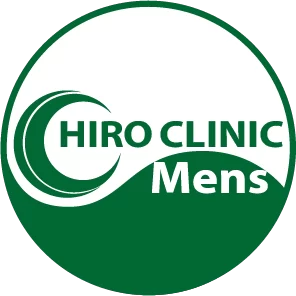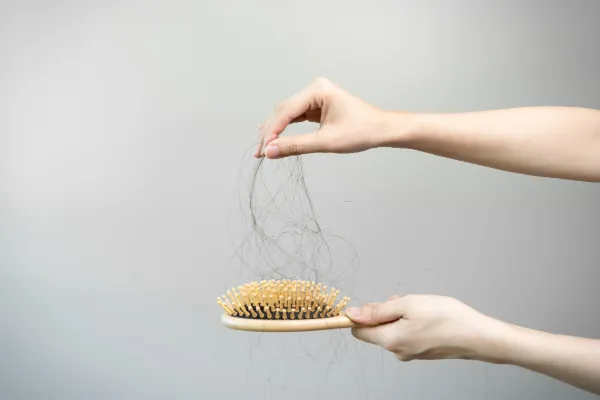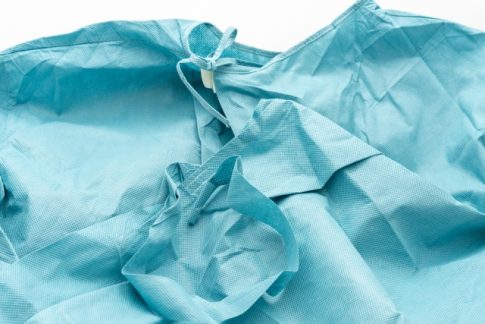この記事の概要
For men suffering from thinning hair and for beauty-conscious Alaska women, hair transplantation is an effective way to improve appearance and regain confidence. However, managing scalp health after hair transplant surgery is extremely important. The application of smart pharming technology can effectively manage scalp health and support the success and long-term health of the hair transplant. This article details the concept of smart pharming and how it can be applied.
What is Smart Farming?
Smart farming is a method of improving agricultural productivity and efficiency by utilizing advanced technologies such as sensor technology, data analytics, and AI (artificial intelligence). This technology could also be applied to scalp health management. Specifically, it could monitor the condition of the scalp and provide the necessary care in real time.
Application of smart farming technology to scalp care
Sensor Technology
Using sensor technology, scalp conditions can be monitored in detail. The following sensors are useful:
Humidity sensor: Measures the dryness of the scalp and promotes proper moisturizing care.
Temperature Sensor: Monitors scalp temperature to help detect inflammation or infection early.
pH sensor: Measures the pH balance of the scalp and selects the appropriate shampoo and treatment.
Data Analytics and AI
By analyzing the collected data, we can provide optimal care methods tailored to each individual’s scalp condition.
Personalized care: AI analyzes data and creates a care plan tailored to each individual scalp condition.
Prevent problems: Data analysis detects early signs of scalp problems and allows for preventative measures.
Smart Devices
Using a smart device allows you to efficiently care for your scalp.
Smart Shampoo Brush: The shampoo brush is equipped with sensors to monitor the condition of your scalp in real time and provide optimal cleaning.
Low-power laser device: A laser therapy device shines light onto the scalp to increase blood circulation and support healthy hair roots.
How to use Smart Farming after hair transplant
Post-operative care
The scalp is extremely delicate after hair transplant surgery, and by utilizing smart farming technology, post-surgery care can be optimized.
Real-time monitoring: Sensors monitor the condition of your scalp in real time to detect abnormalities early.
Automatic care instructions: The device will automatically provide proper care instructions to help users perform the correct care routine.
Daily scalp care
Smart farming technology can also be applied to daily scalp care.
Personalized shampoo: AI analyzes the condition of your scalp and recommends a shampoo with the most suitable ingredients.
Providing care programs: The device provides appropriate massage and moisturizing care programs based on scalp data.
Actual use cases and effects
Case Study 1: Using the Smart Shampoo Brush
A man in his 40s used the Smart Shampoo Brush as post-surgery care after hair transplant surgery. The sensor installed in the brush measures the humidity and temperature of the scalp and provides real-time data. As a result of proper cleaning and moisturizing care, the scalp’s health was maintained and the success rate of hair transplants improved.
The result: improved scalp health and stimulated hair growth.
Benefits: Care based on real-time data allows for early detection and countermeasures of problems.
Case Study 2: Use of Low Power Laser Devices
A woman in her 30s used a low-power laser device to treat diffuse alopecia. The device shines light on the scalp, promoting blood circulation. With continued use, the health of the hair roots improves and hair density increases.
The result: increased hair density and a younger looking hair.
Advantages: It is a non-invasive treatment with few side effects and is safe to use.
The future of smart farming
Smart farming technology will continue to evolve and bring revolutionary changes to the field of scalp care. Here are some prospects:
Advanced AI analysis: More advanced AI analysis is now possible, enabling improved care plans that are optimized for each individual user.
Wearable devices: Wearable devices will become more widespread, making it possible to constantly monitor the condition of the scalp.
Virtual care consulting: Care consulting using virtual reality will become possible, making it easier to receive expert advice.
summary
The application of smart farming technology can optimize scalp care after hair transplant surgery and maintain long-term health. By utilizing sensor technology, AI analysis, and smart devices, we can monitor the condition of your scalp in real time and provide a personalized care plan. Under the guidance of a trusted specialist, incorporate the latest smart farming technology to maintain a healthy scalp and beautiful hair.








